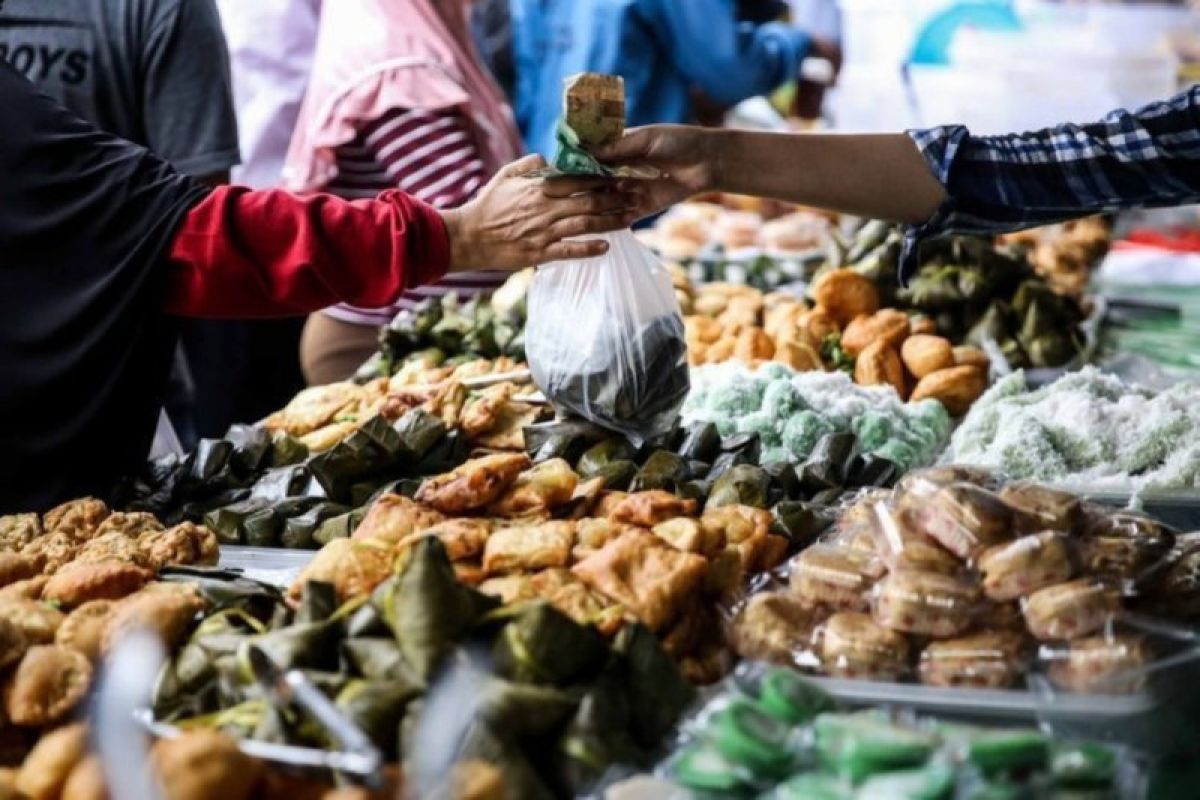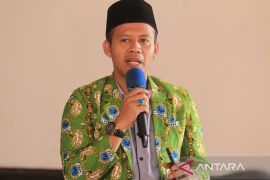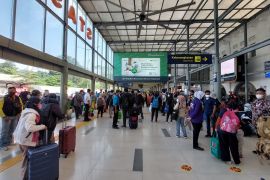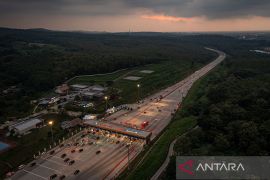"People's purchasing power in the Ramadhan month tends to increase and is distributed. (During Ramadhan,) rich people usually give alms, so that poor people get additional income. Thus, the purchasing power increases," she remarked here on Friday.
According to the economist, during the Muslim holy month, psychological aspects and religious beliefs also influence economic activities, wherein several people feel that Ramadhan is the right time to give alms and spend the money they have, so demand tends to increase.
The Unair economist affirmed that the public's high demand during Ramadhan was responded to by the market through the emergence of new ultra-micro businesses.
Ajija said business owners are also driven to increase the supply of goods to meet public demand. The increase also changed the equilibrium point, she added.
"Many people have planned their income out to face the Ramadhan month. There are some who save their income for Eid al-Fitr, such as Eid arisan (micro communal rotating savings). The money is deliberately collected for Ramadhan and Eid al-Fitr," she explained.
In addition, she advised traders to act rationally and understand the market and stock goods efficiently.
She also advised ultra-micro business owners to avoid glorification of business prospects during Ramadhan by looking for loans for business capital that can lead to debt.
"A debt scheme for sporadic businesses like this is dangerous since after Eid, many bear a lot of debt because of being defrauded, having a miscalculation (in business), and unsaleable goods," she pointed out.
According to the Ministry of Co-operatives and Small and Medium Enterprises (SMEs), the total number of micro, small, and medium enterprises (MSMEs) in Indonesia reached more than 8.71 million business units in Indonesia, dominated by West Java Province, with 1.49 million units; followed by Central Java, with 1.45 million; and East Java, with 1.15 million units.
Related news: VP urges Muslims to focus on self-improvement during Ramadhan
Related news: Ramadhan to start on Mar 23; hilal meets MABIMS requirement: minister
Penerjemah: Willi I, Kenzu
Editor: Rahmad Nasution
Copyright © ANTARA 2023













